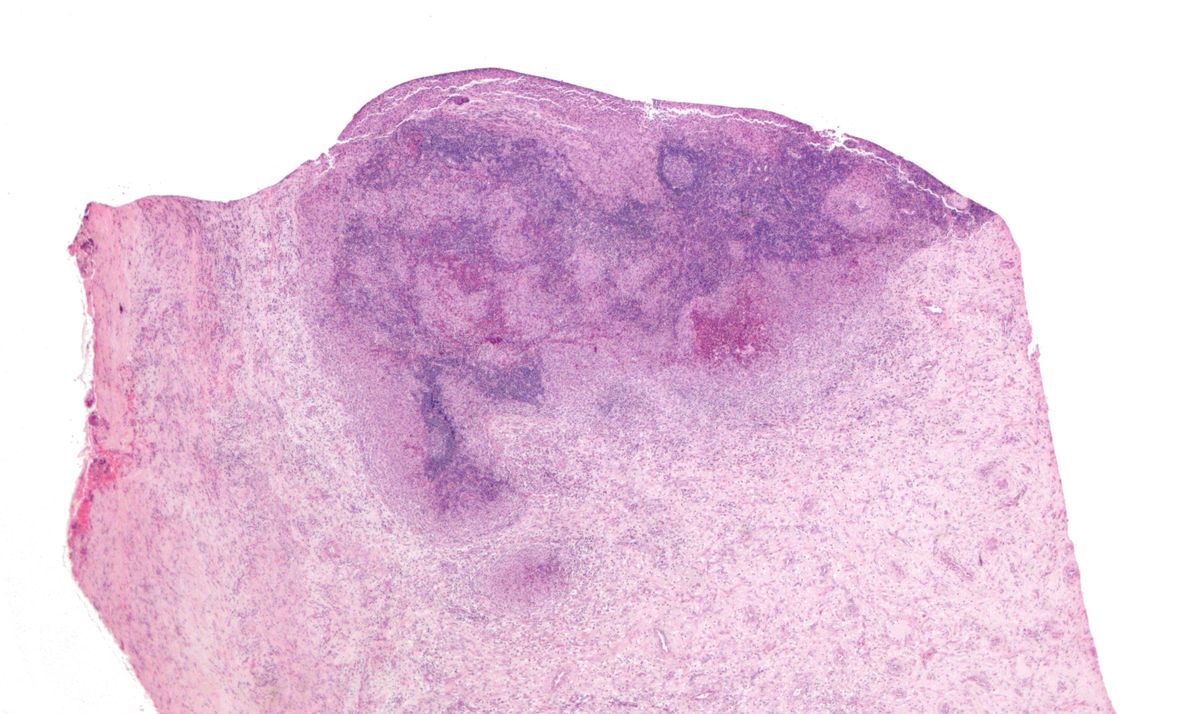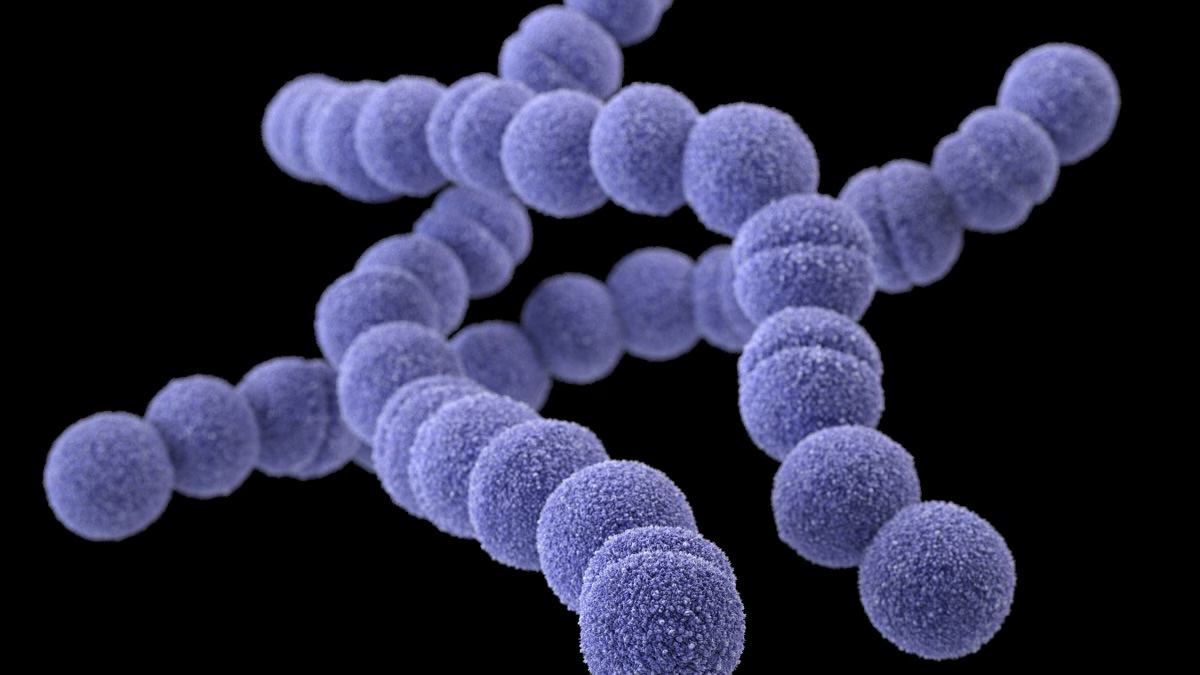
Hand-Schuller-Christian Disease is a rare disorder that primarily affects children. It falls under the umbrella of Langerhans cell histiocytosis, a condition where the body produces too many Langerhans cells. These cells can build up in various tissues and organs, leading to damage. Symptoms often include bone lesions, diabetes insipidus, and exophthalmos (bulging eyes). The exact cause remains unknown, but it’s believed to involve both genetic and environmental factors. Diagnosis typically involves a combination of imaging studies, biopsies, and blood tests. Treatment may include chemotherapy, radiation, and surgery, depending on the severity and location of the lesions. Understanding this disease can help in managing symptoms and improving quality of life.
Key Takeaways:
- Hand-Schüller-Christian Disease is a rare condition affecting children, causing symptoms like diabetes insipidus and bone lesions. Early diagnosis and treatment are crucial for a better prognosis.
- Ongoing research is focused on understanding the genetic and immune system factors of HSC, as well as developing more effective treatments. Support groups and counseling are available to help families cope with the emotional impact.
What is Hand-Schüller-Christian Disease?
Hand-Schüller-Christian Disease (HSC) is a rare disorder that primarily affects children. It is a form of Langerhans cell histiocytosis, a condition where the body produces too many Langerhans cells, which are a type of white blood cell. These cells can build up and form tumors or damage organs.
- HSC is named after three doctors: Alfred Hand, Artur Schüller, and Henry Christian, who first described the disease in the early 20th century.
- The disease is most commonly diagnosed in children between the ages of 2 and 5.
- HSC is part of a group of diseases known as histiocytoses, which involve an abnormal increase in the number of immune cells.
- The exact cause of HSC is unknown, but it is believed to involve both genetic and environmental factors.
Symptoms of Hand-Schüller-Christian Disease
The symptoms of HSC can vary widely depending on which organs are affected. Here are some common signs to look out for.
- One of the hallmark symptoms is the triad of diabetes insipidus, exophthalmos (bulging eyes), and lytic bone lesions.
- Diabetes insipidus occurs in about 50% of HSC cases and results from damage to the pituitary gland.
- Exophthalmos is caused by the accumulation of Langerhans cells behind the eyes.
- Lytic bone lesions are areas where bone tissue has been destroyed, often causing pain and fractures.
- Skin rashes, particularly on the scalp, can also be a symptom.
- Enlarged lymph nodes and liver can occur in some patients.
- Chronic ear infections are another common symptom.
- Some children may experience growth delays due to the disease.
Diagnosis of Hand-Schüller-Christian Disease
Diagnosing HSC can be challenging due to its rarity and the variety of symptoms. Here are some methods doctors use.
- A biopsy of affected tissue is often required to confirm the diagnosis.
- Blood tests can help rule out other conditions and check for organ function.
- Imaging studies like X-rays, CT scans, and MRIs are used to identify bone lesions and organ involvement.
- A bone marrow biopsy may be performed to check for the presence of Langerhans cells.
- Endocrine tests are used to diagnose diabetes insipidus.
Treatment Options for Hand-Schüller-Christian Disease
Treatment for HSC aims to manage symptoms and control the spread of Langerhans cells. Here are some common approaches.
- Chemotherapy is often used to reduce the number of Langerhans cells.
- Steroids can help control inflammation and reduce symptoms.
- Radiation therapy may be used to target specific areas of bone involvement.
- Surgery is sometimes necessary to remove large lesions or tumors.
- Hormone replacement therapy is used to manage diabetes insipidus.
- Antibiotics are prescribed for chronic ear infections.
- Pain management strategies are important for children with bone lesions.
Prognosis and Long-Term Outlook
The long-term outlook for children with HSC varies. Some children recover completely, while others may have ongoing health issues.
- Early diagnosis and treatment improve the chances of a better outcome.
- Some children may experience permanent damage to affected organs.
- Regular follow-up care is essential to monitor for recurrence or new symptoms.
- Advances in treatment have improved the prognosis for many children with HSC.
- Support groups and counseling can help families cope with the emotional impact of the disease.
Research and Future Directions
Ongoing research aims to better understand HSC and develop more effective treatments. Here are some areas of focus.
- Genetic studies are being conducted to identify potential risk factors for HSC.
- New medications are being tested to target Langerhans cells more effectively.
- Researchers are exploring the role of the immune system in the development of HSC.
Final Thoughts on Hand Schuller Christian Disease
Hand Schuller Christian Disease, a rare disorder, affects children and young adults. It involves abnormal growth of Langerhans cells, leading to symptoms like bone lesions, diabetes insipidus, and exophthalmos. Early diagnosis and treatment are crucial for better outcomes. Treatments include chemotherapy, radiation, and surgery, depending on severity.
Understanding the disease helps in managing it effectively. Awareness can lead to early detection, improving the quality of life for those affected. Medical advancements continue to offer hope for better treatments and potential cures.
Stay informed, support research, and spread awareness. Knowledge empowers us to face challenges head-on. If you or someone you know shows symptoms, consult a healthcare professional promptly. Early intervention makes a significant difference.
Frequently Asked Questions
Was this page helpful?
Our commitment to delivering trustworthy and engaging content is at the heart of what we do. Each fact on our site is contributed by real users like you, bringing a wealth of diverse insights and information. To ensure the highest standards of accuracy and reliability, our dedicated editors meticulously review each submission. This process guarantees that the facts we share are not only fascinating but also credible. Trust in our commitment to quality and authenticity as you explore and learn with us.


